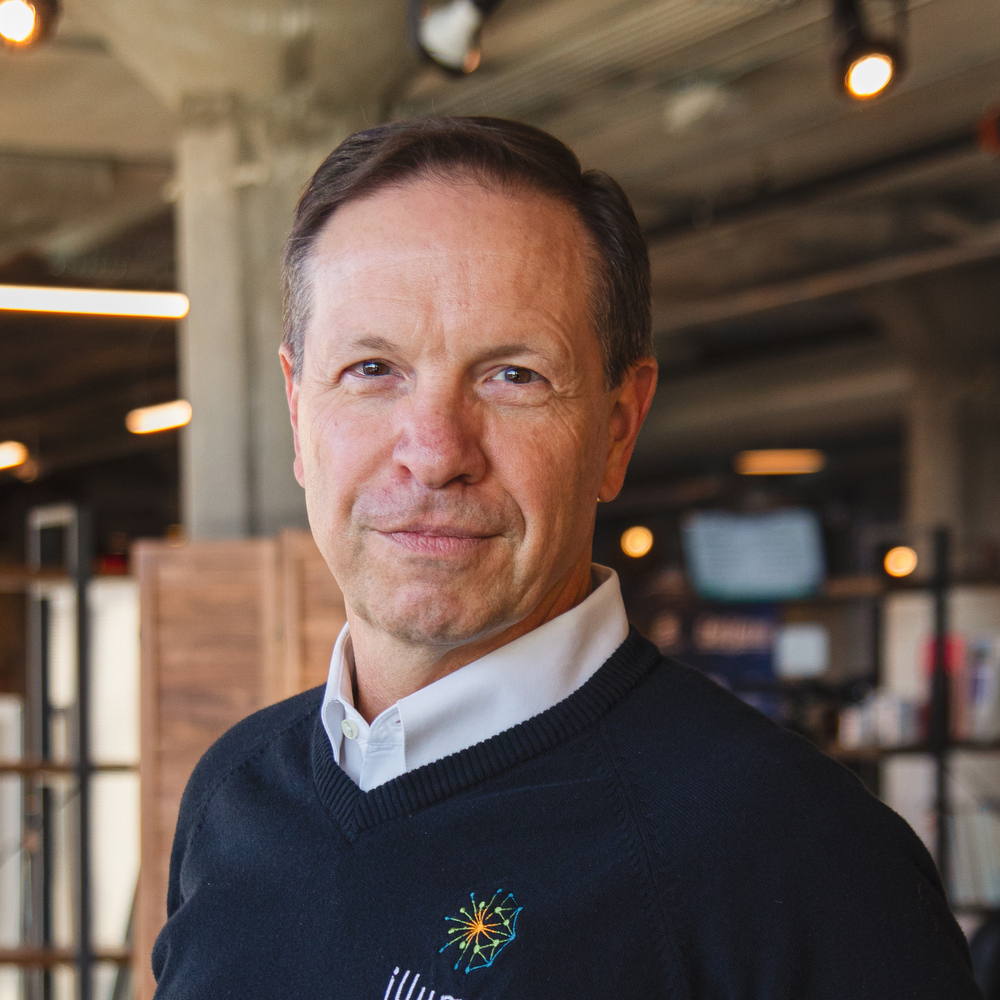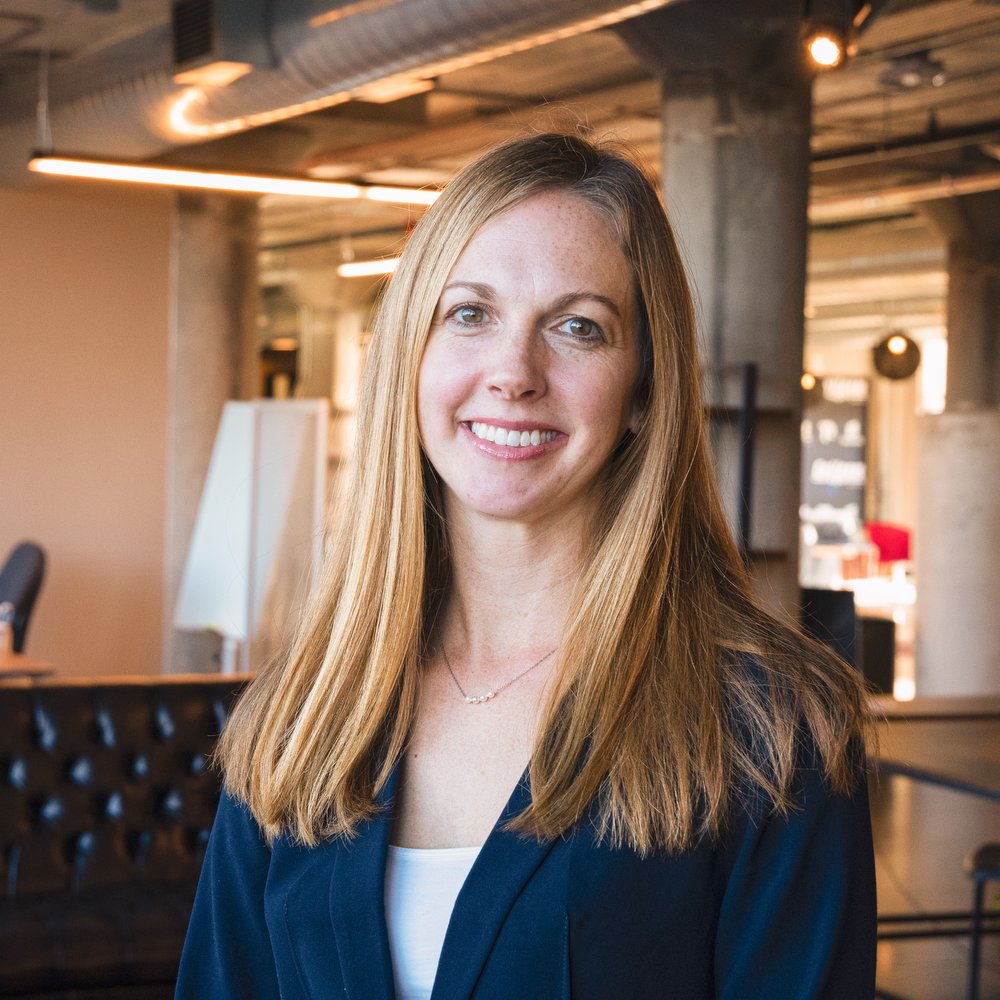In today’s fast-paced business world, challenges are inevitable. Whether it’s navigating economic downturns, internal restructuring, or personal hardships, adversity is part of the workplace experience. For organizations and employees alike, the key to success lies not in avoiding these difficulties but in developing the resilience to bounce back and grow stronger from them. Resilience is a cornerstone of Psychological Capital (PsyCap) and a vital skill that can be nurtured within teams to ensure long-term productivity and well-being.
In this blog, we’ll explore the role of resilience in the workplace, why it’s crucial for both individual and organizational success, and how leaders can cultivate resilience in their teams to help them thrive in the face of adversity.
What is Resilience?
Resilience is the capacity to recover quickly from setbacks and persist in the face of adversity. It’s the psychological toughness that allows individuals to keep going when circumstances are challenging, whether it’s due to external factors like company-wide changes or personal obstacles that impact job performance.
In the workplace, resilient employees don’t just survive difficulties—they adapt and continue to perform effectively despite them. This mindset enables individuals and teams to navigate tough times, maintain focus, and eventually emerge stronger on the other side.
How to Cultivate Resilience in Your Team
Building resilience in your team isn’t just about encouraging employees to tough it out during hard times. It involves creating an environment that supports their ability to bounce back, learn from setbacks, and stay focused on their goals.
Here are some practical strategies for leaders to foster resilience in their teams:
- Encourage Open Dialogue About Challenges
Resilience starts with acknowledging that adversity exists. Leaders should encourage open conversations about the challenges their teams are facing, whether they are personal or professional. When employees feel safe discussing their difficulties, they are more likely to seek solutions rather than becoming overwhelmed.

Create a culture where it’s okay to struggle and offer support when it’s needed. This could include one-on-one check-ins, team discussions, or even peer support programs. The key is to let employees know that setbacks are a normal part of the process and that the organization is there to help them navigate those challenges.
- Foster a Growth Mindset
One of the most effective ways to build resilience is by fostering a growth mindset—the belief that skills and abilities can be developed through dedication and hard work. When employees view challenges as opportunities to learn rather than insurmountable obstacles, they become more resilient.

Leaders can encourage a growth mindset by praising effort, learning, and perseverance, rather than just outcomes. Help employees see failure not as a dead-end, but as an opportunity to gather insights and improve their approach. When employees internalize the idea that setbacks are temporary and learning is ongoing, they become more resilient in the face of adversity.
- Develop Problem-Solving Skills
Resilient employees don’t dwell on problems—they find solutions. Leaders can help build resilience by encouraging problem-solving skills within their teams. This could be through training sessions that focus on creative problem-solving, reverse brainstorming (identifying potential problems before they happen), or simply coaching employees to break large challenges down into manageable parts.

Encourage employees to ask questions like:
- What is within my control in this situation?
- What resources do I have to overcome this challenge?
- What are some alternative approaches I could take?
By developing these skills, employees gain the confidence to tackle difficulties head-on and persist through tough times.
- Provide Resources for Personal Growth
Resilience isn’t just about handling workplace challenges—it’s also about balancing personal well-being with professional responsibilities. Leaders should provide resources that support the personal growth and mental health of their team members. This can include:

- Access to coaching or mentoring programs
- Stress management workshops
- Encouraging a healthy work-life balance
- Providing access to mental health resources, such as counseling services
By supporting the personal development of employees, leaders help them build a stronger foundation for resilience. When employees feel their organization values their overall well-being, they are better equipped to handle both personal and professional challenges.
- Model Resilience as a Leader
Leaders play a crucial role in setting the tone for resilience within their teams. By demonstrating resilience themselves, leaders can inspire their employees to adopt the same approach. Be transparent about the challenges you face and share how you navigate them. Show your team that it’s okay to make mistakes, learn from them, and come back stronger.

Additionally, leaders should remain calm and focused during times of crisis. When team members see their leader maintaining composure under pressure, they are more likely to feel secure and motivated to overcome their own challenges.
- Celebrate Resilience and Growth
Recognizing and celebrating resilience is an important part of fostering it. When employees overcome adversity or persist in the face of challenges, take the time to acknowledge their efforts. This could be through public recognition, team celebrations, or private praise.

Celebrating resilience not only boosts morale but also reinforces the behaviors that contribute to a resilient workforce. Employees are more likely to continue practicing resilience when they see it valued and rewarded within the organization.
Practical Example: Building Resilience Through Psychological Capital Interventions
One of the key takeaways from the Psychological Capital model is that resilience, like hope, optimism, and self-efficacy, is developable. Organizations don’t need to passively wait for employees to naturally become more resilient, leaders can actively foster resilience through structured interventions.
For example, consider an organization going through a major restructuring. This type of change often leads to uncertainty and anxiety among employees, but with the right approach, it can also be an opportunity for growth. Leaders can use PsyCap interventions to help employees navigate the restructuring process by:
- Encouraging them to set new goals within the changing structure (building hope)
- Offering support and resources to help them adapt (building self-efficacy)
- Highlighting the potential benefits of the restructuring (building optimism)
- Coaching them to manage setbacks and find alternative pathways when challenges arise (building resilience)
By providing structured support and emphasizing the importance of resilience, leaders can help their teams emerge from difficult situations not just intact, but stronger and more capable than before.
Building Resilience
Resilience is a critical skill for thriving in today’s workplace, where challenges and uncertainty are a constant part of the landscape. By fostering resilience within their teams, leaders can ensure that employees are better equipped to handle adversity, stay motivated, and continue contributing to the organization’s success.
Building resilience isn’t just about pushing through challenges—it’s about helping employees develop the mindset and tools they need to recover, grow, and keep moving forward. With the right strategies in place, leaders can create a resilient workforce that is prepared to take on whatever challenges come their way.
If you’re looking to cultivate resilience in your team, start by encouraging open dialogue, fostering a growth mindset, and providing the resources employees need to succeed. Resilience isn’t built overnight, but with consistent effort, it can become a defining strength of your organization.






